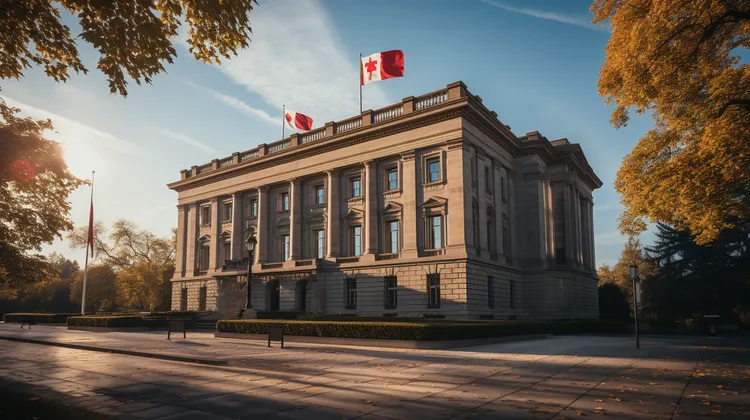The term “metaverse” is gaining significant traction in recent years as virtual reality and augmented reality technologies continue to evolve. Essentially, the metaverse refers to a collective virtual shared space that users can access through the internet. It is a digital realm that allows individuals to interact with one another and participate in various activities, including socializing, creating art, playing games, conducting business, and more. With the rise of the metaverse, a crucial question arises: How are metaverse assets taxed?
Metaverse assets encompass a wide range of digital properties, such as virtual land, digital currency, artwork, virtual goods, and even virtual real estate. These assets hold substantial value and can be bought, sold, traded, and owned within the metaverse. As the metaverse industry matures, governments and tax authorities worldwide are grappling with how to address the taxation of these virtual assets effectively.
One of the primary challenges in taxing metaverse assets stems from their intangible and digital nature. Unlike traditional physical assets, such as properties or stocks, virtual assets exist solely in the digital space. They lack a physical presence, making their value subjective and difficult to quantify. Since metaverse assets are often decentralized and operate outside traditional financial systems, tracking their ownership and value can be complex.
Regarding taxation, different jurisdictions have adopted various approaches to handle metaverse assets. For instance, some countries treat these assets as digital goods or services subject to value-added tax (VAT) or goods and services tax (GST). This means that transactions involving metaverse assets, like buying or selling virtual goods, may attract applicable taxes depending on the jurisdiction.
On the other hand, some jurisdictions may treat metaverse assets as forms of property, similar to real estate or artwork. In this case, individuals or entities owning virtual properties or digital artworks within the metaverse could be subject to property taxes. Assessing the value of these assets can be challenging, as their prices may fluctuate significantly, and traditional valuation models may not adequately capture their worth.
The rise of non-fungible tokens (NFTs) within the metaverse complicates the taxation landscape even further. NFTs represent ownership of a unique digital item, such as artwork or collectibles, and are often bought and sold using cryptocurrencies. When it comes to NFTs, tax treatment varies depending on the jurisdiction and the specific circumstances of the transaction. For instance, some countries might tax the purchase or sale of an NFT as a capital gain event, while others may consider it as a taxable service.
Several challenges arise in terms of monitoring and enforcing tax compliance within the metaverse. Metaverse platforms often operate across borders, making it challenging for tax authorities to track and regulate transactions that occur solely within these virtual environments. Verifying the authenticity of assets and determining their original purchase prices can be difficult without a centralized authority overseeing these transactions.
To address these complexities, tax authorities and regulatory bodies are beginning to explore new frameworks and regulations. They are considering partnerships with metaverse platforms and virtual world creators to implement effective tax-reporting mechanisms. Blockchain technology, which underpins many metaverse platforms, potentially offers enhanced transparency and accountability in tracking transactions, making it easier to enforce taxation policies.
As the metaverse continues to evolve and gain prominence, governments will need to establish clearer guidelines and tax frameworks to ensure fair and efficient taxation of metaverse assets. This will require collaboration between tax authorities, metaverse platforms, and industry stakeholders to strike a balance between regulatory compliance, innovation, and promoting the growth of this emerging sector.
As metaverse assets continue to gain popularity and significant value, the question of how they should be taxed is becoming increasingly relevant. The intangible and decentralized nature of these assets poses significant challenges for tax authorities worldwide. Governments are grappling with various approaches, either treating metaverse assets as digital goods or services subject to VAT or as property, similar to real estate. The emergence of NFTs within the metaverse adds another layer of complexity to the taxation landscape. To address these challenges, tax authorities are exploring new frameworks, partnerships with metaverse platforms, and leveraging technologies like blockchain to ensure reliable and fair taxation of metaverse assets. As the metaverse industry continues to expand, it is crucial to establish clear and consistent taxation policies to foster growth while maintaining regulatory compliance.




The metaverse offers endless possibilities for socializing, creating, playing, and conducting business. It’s crucial to establish tax frameworks to ensure a thriving and regulated environment. 🌟💼
The intangible nature of metaverse assets adds a whole new dimension to taxation. It’s inspiring to see how governments are adapting and exploring new frameworks to tackle this issue. 🔄💼
Creating a fair and efficient taxation system for metaverse assets is essential as the industry continues to expand. It’s a delicate balance that needs to be struck.
The taxation of metaverse assets highlights the need for collaboration and dialogue between various stakeholders. It’s encouraging to see authorities exploring partnerships with platforms.
The concept of owning virtual land and digital artwork within the metaverse is mind-boggling. It’s incredible to think about the value these assets hold in this digital world. 💰🏞️